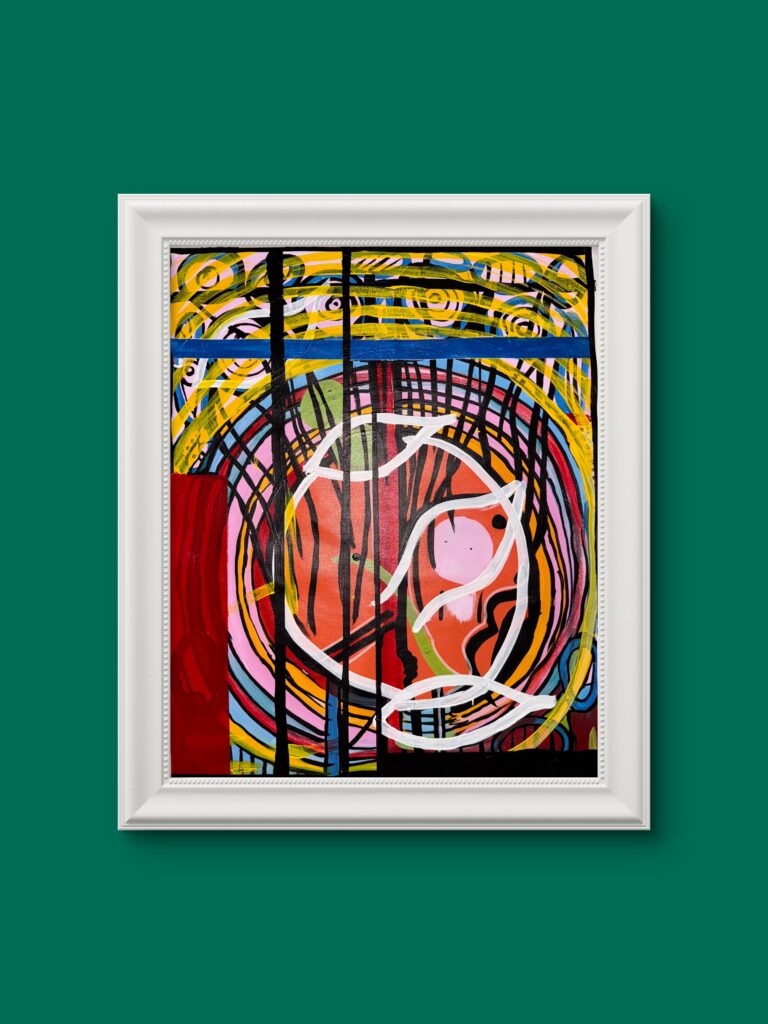Philosophical and cognitive context
In both philosophical and cognitive context, transcendence refers to a concept of surpassing or going beyond ordinary experience, limitations, or boundaries, often toward something higher, more abstract, or divine.
Transcendence collection
Philosophical perspective
In philosophy, transcendence typically refers to the idea of surpassing the limitations of human perception, cognition, or even the material world itself. it is often associated with the question of what lies beyond or is above ordinary existence.
after three years of developing an Art language, or precisely making my dreams come true, i realised there where mental states i truly needed to get out of. it took very long, as if this karma of coming from a disturbed childhood didn’t want me to leave it in the past, or does the past knew already what i will have to deal with to get to that future? it was more a separation issues, and vulnerability that i needed to leave behind me. “that heavy frustration of knowing your true character but you have to stay in that limbo zone your whole life, just so you can protect others soul, questioning your whole existence, wondering if there is a purpose for you to be here beside making sure those fragile beings( human) don’t get too offended? while taking all the pressure onto your introverted self. the time has come where i can see my true face…
Existential Transcendence
In existential philosophy, particularly in the works of Jean-Paul Sartre, and Martin Heidegger, Transcendence is the understood as a key characteristic of human freedom and the capacity to go beyond the giving world of facticity ( the uncontrollable conditions of life) to define oneself. For Sartre, transcendence involves the human ability to project oneself toward future possibilities and create meaning, breaking free from the constraints of past actions or external determinants.



















